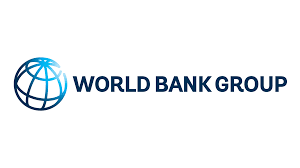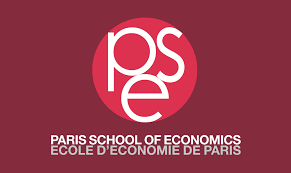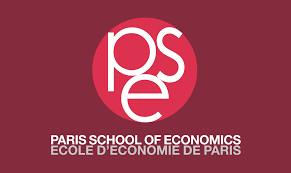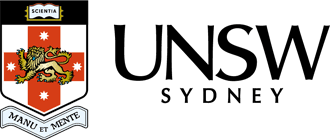October 2020
November 2020

December 2020
February 2021
March 2021
April 2021
Collateral damage? How World War One changed the way women work
How do women and men search for jobs over the unemployment spell?
May 2021
Responsible sourcing? Theory and evidence from Costa Rica
June 2021
September 2021
October 2021
November 2021
December 2021
January 2022
Electoral Turnovers and Country Performance: Evidence from 2,500 National Elections
February 2022
March 2022
Gender Differences in Persistence in a Field of Study
Political Connections and Corporate Performance in Egypt, 1890-1950
April 2022
Unfair Mineral Trade in Africa’s Great Lake Region: the Role of Opacity and Exposure
May 2022
June 2022
The Dynamics Consequences of State-Building: Evidence from the French Revolution
The Effect of Affirmative Action on Targeted and Non-Targeted Students: Evidence from Low-income priorities in Paris High Schools
Taxing Wealth in a Globalized World: The Compliance Effect of Automatic Information Exchange
September 2022
October 2022
Estimating Social Preferences and Kantian Morality in Strategic Interactions
Campaigning Against Populism: Emotional and Informational Messaging in Real Campaigns
November 2022
The Gender Gap in Meaningful Work: Explanations and Implications
December 2022
January 2023
The emergence, growth, and stagnation of cities: France c. 1760-2020
Propagation of Immigration Shocks through Firm-to-Firm Trade Networks
February 2023
Career goals and investments in education: Experimental evidence from Cambodia
Traditional Irrigation Systems and the Evolution of Cooperative Culture: The Persian Qanats
March 2023
Fear to Vote: Explosions and Elections in Colombia
May 2023
June 2023
Temporary Foreign Work Permits: honing the tools to defeat human smuggling
Fighting Together: Coordination Frictions between NATO Allies in Afghanistan
September 2023
"When migrants compete for top schools: Displacement and peer effects in primary education"
October 2023
November 2023
“Taxing Wealth in a Globalized World: The Compliance Effect of Automatic Information Exchange”
Abstract: Leaks from offshore financial institutions have revealed significant wealth of the rich hidden away from tax authorities worldwide. To address this adverse effect of globalization, more than 100 countries recently adopted a new policy instrument that provides automatic information exchange on financial accounts. Under the new Common Reporting Standard (CRS), banks are required to identify owners of financial accounts and provide information about their assets and capital income to their home countries. Despite its immediate policy relevance, little is known about the effectiveness of such policies to improve tax compliance and uncover hidden wealth. Using several data sources inside the Danish tax authorities and customized tax audits, we study the three ways in which the new policy of automatic information exchange can improve tax compliance. Tax evaders may repatriate their undeclared offshore wealth before the onset of automatic information exchange, they may start to self-report this wealth and its return to the tax authorities, or the tax authorities may detect their evasion in audits that use the new information reports. We document compliance effects of taxpayers along all margins with most of the overall response coming from repatriation of wealth. Our estimates indicate that taxpayers repatriated 15 percent of the hidden wealth.
Dr. Jha will present his paper titled "Markets under Siege: How Political Beliefs Move Financial Markets.” : https://web.stanford.edu/~saumitra/papers/MarketsunderSiege.pdf
December 2023
"The Curse of Bad Geography: Stagnant Water, Diseases and Children's Human Capital"





